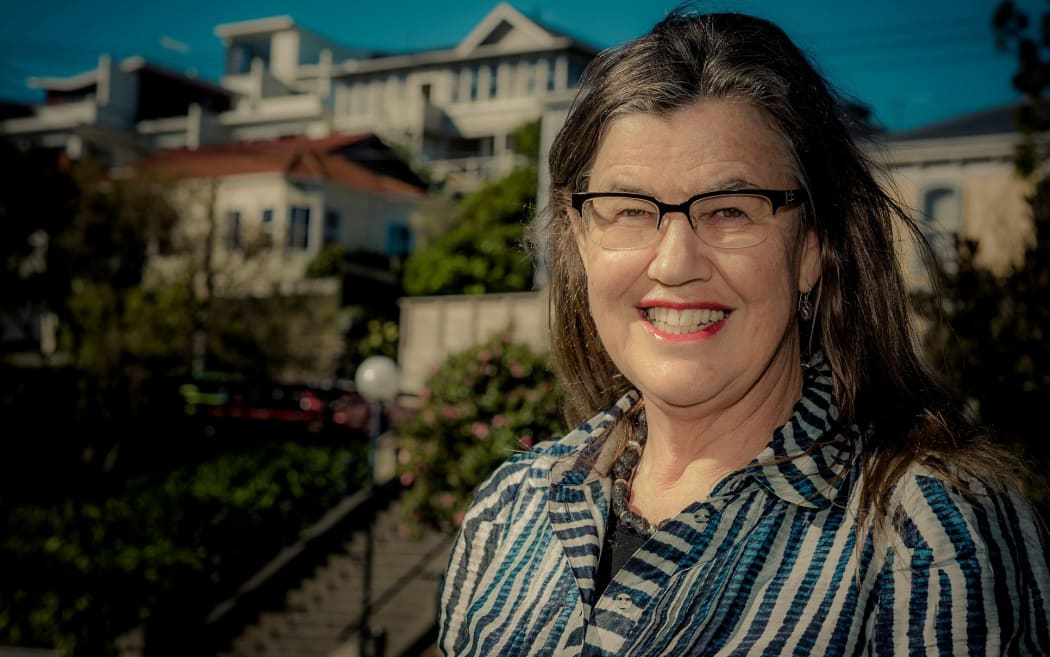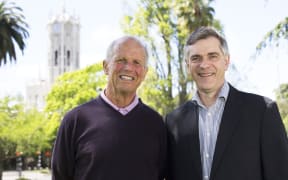A social scientist who found a link between housing conditions and health has claimed the top award at the Prime Minister's Science Prizes this year.
The awards recognise the impact of science on New Zealanders' lives and celebrate the achievements of New Zealand scientists.
The top prize of $500,000 went to Philipa Howden-Chapman and her 28-member team at Otago University in Wellington.
Their work included large-scale community trials involving about 10,000 people to demonstrate the effectiveness of initiatives such as retrofitting insulation on health.

Philipa Howden-Chapman Photo: Supplied
"For my team in particular, who have been working on this for about 15 years, and working very closely with lots of communities, iwi groups...it was lovely to see this be rewarded," Professor Howden-Chapman said.
The MacDiarmid Emerging Scientist Prize went to Otago University researcher Karl Iremonger who has discovered a new cell structure and communication system.
The Science Media Communication Prize went to Michelle Dickinson for her work to make science fun and accessible.
Dr Dickinson runs Australasia's only nanomechanical testing lab and has acquired the persona 'Nano girl' from the public.
She blogs, tweets and appears on radio and television to share her love of science and encourage others to get involved.
Terry Burrell of Onslow College in Wellington won the Science Teacher Prize for what the judges called "an infectious love of learning" which encourages her students and other teachers to perform at their best.
Seventeen-year-old Tim Logan, of Canterbury's Darfield High School, was awarded the Future Scientist Prize for his investigations into how to protect New Zealand's most endangered native plants.


